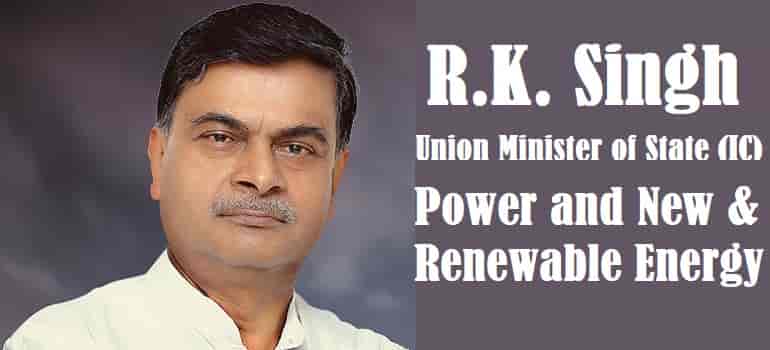
As part of Intended Nationally Determined Contributions as per the Paris Accord on Climate Change, India has undertaken to install at least forty percent of its total electricity generation capacity from renewable energy sources by 2030.
As on 29th February 2020, a cumulative renewable energy capacity of 132.15 GW had been installed in the country, with an additional capacity of 46.69 GW under various stages of implementation and 34.07 GW under various stages of bidding.
As on same date, the country had cumulative installed capacity of 138.93 GW from non-fossil fuels sources.
The cumulative renewable energy capacity and cumulative capacity from non-fossil fuel sources constituted 35.80% and 37.63% of total electricity generation capacity of 369.12 GW installed in the country as on 29th February, 2020, respectively.
This information was given R.K. Singh, Minister of State (I/C) for New & Renewable Energy, Power and MoS for Skill Development And Entrepreneurship in a written reply in the Rajya Sabha recently.
He also added that the foreign direct investments of $6.1 billion flew into the Indian clean energy sector — including solar, wind, biomass, large hydro and nuclear — in the five year period 2014-19.
Of the renewable energy sources, excluding large hydro above 25 MW, installed capacity of solar energy capacity registered the highest growth. It grew from 2.6 GW in March 2014 to 34.4 GW in February this year.
Singh further added “Globally, India stands third in terms of renewable power, fourth in terms of wind power, and fifth in terms of solar power installed capacity. For the period 2014-2019, clean energy investments in India were about $75 billion.”

